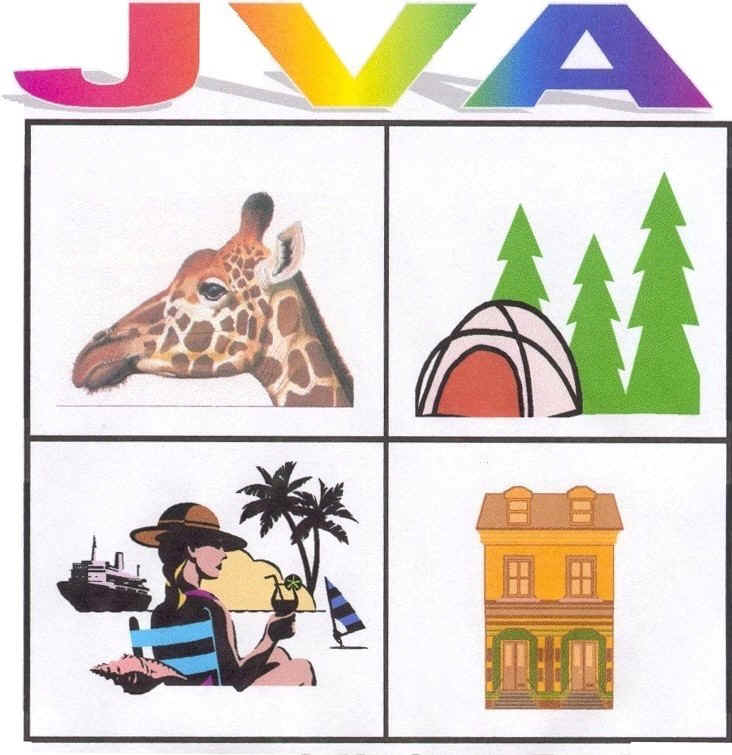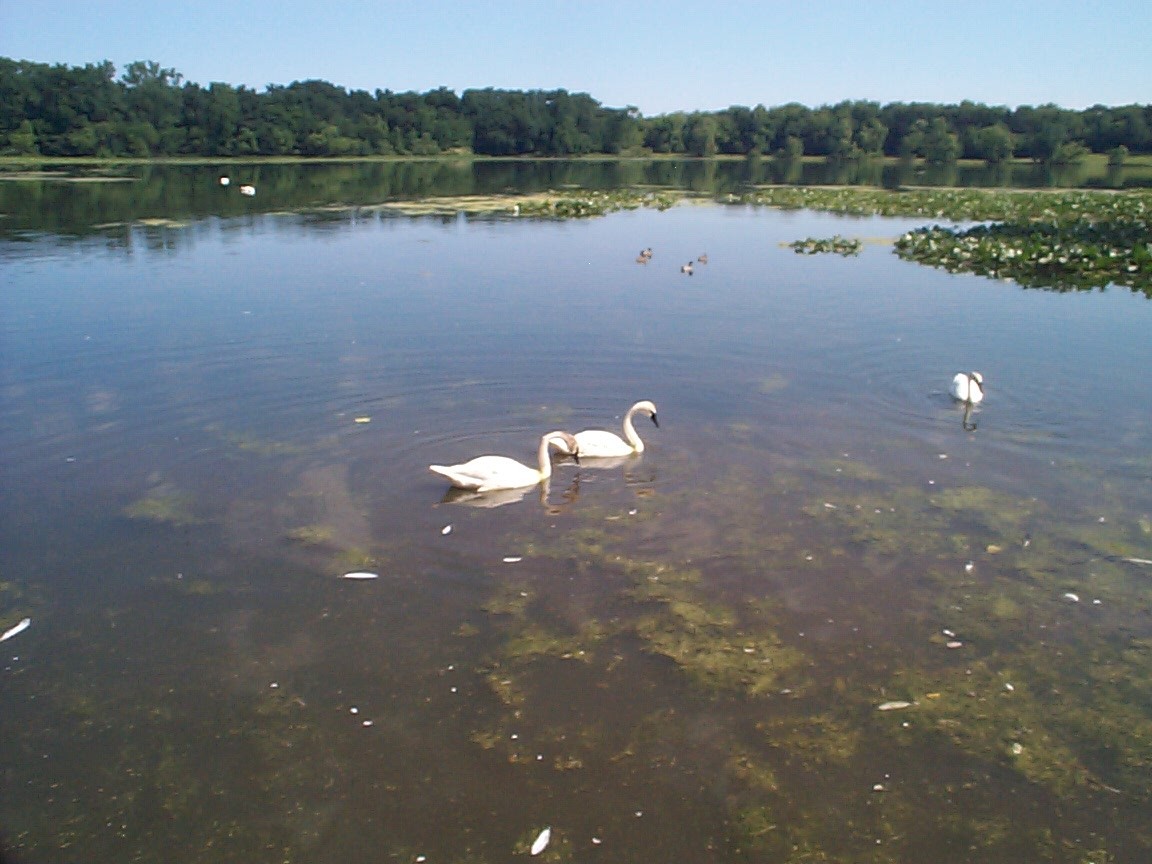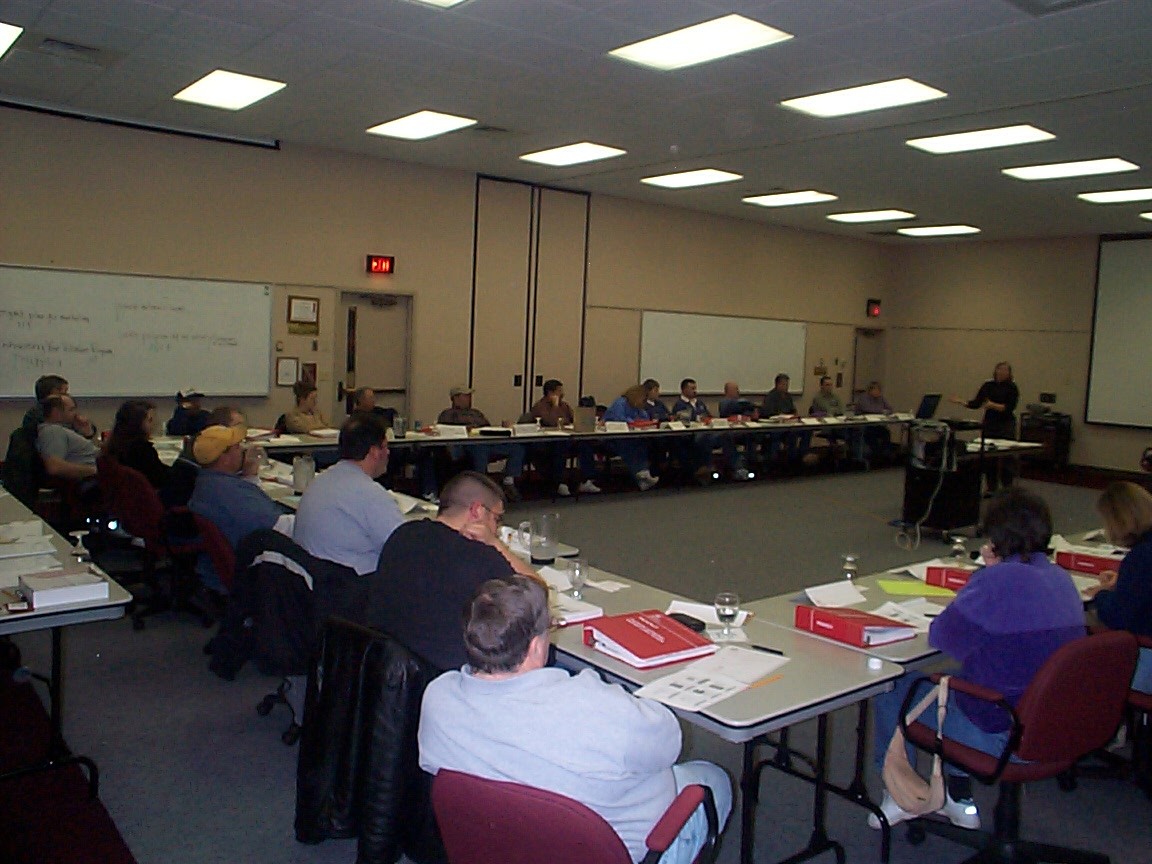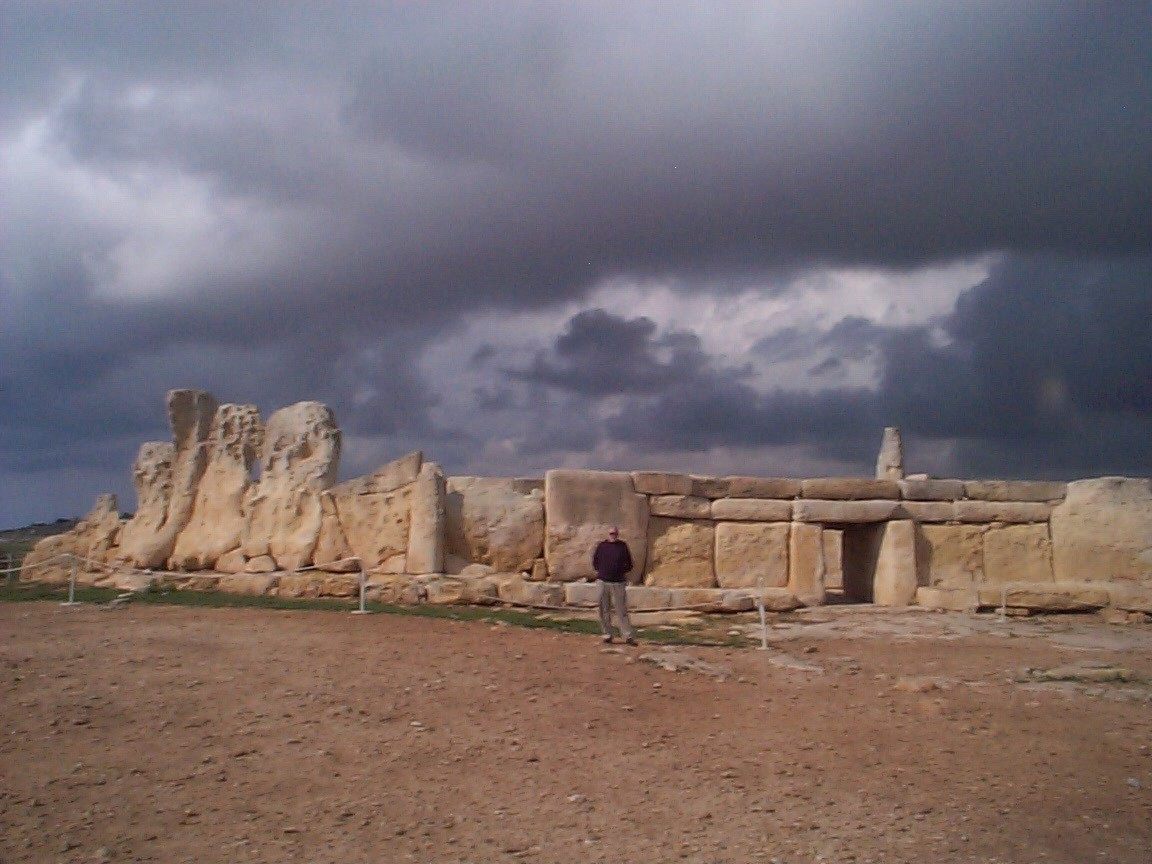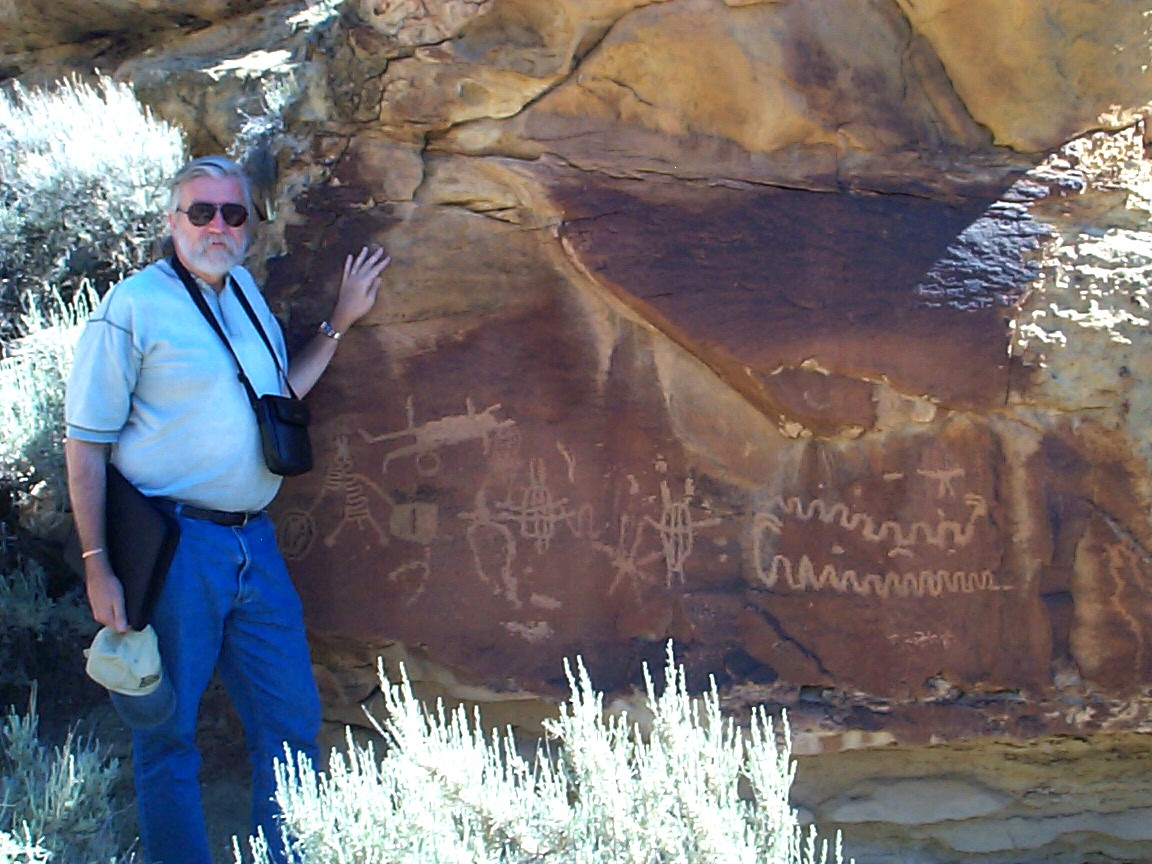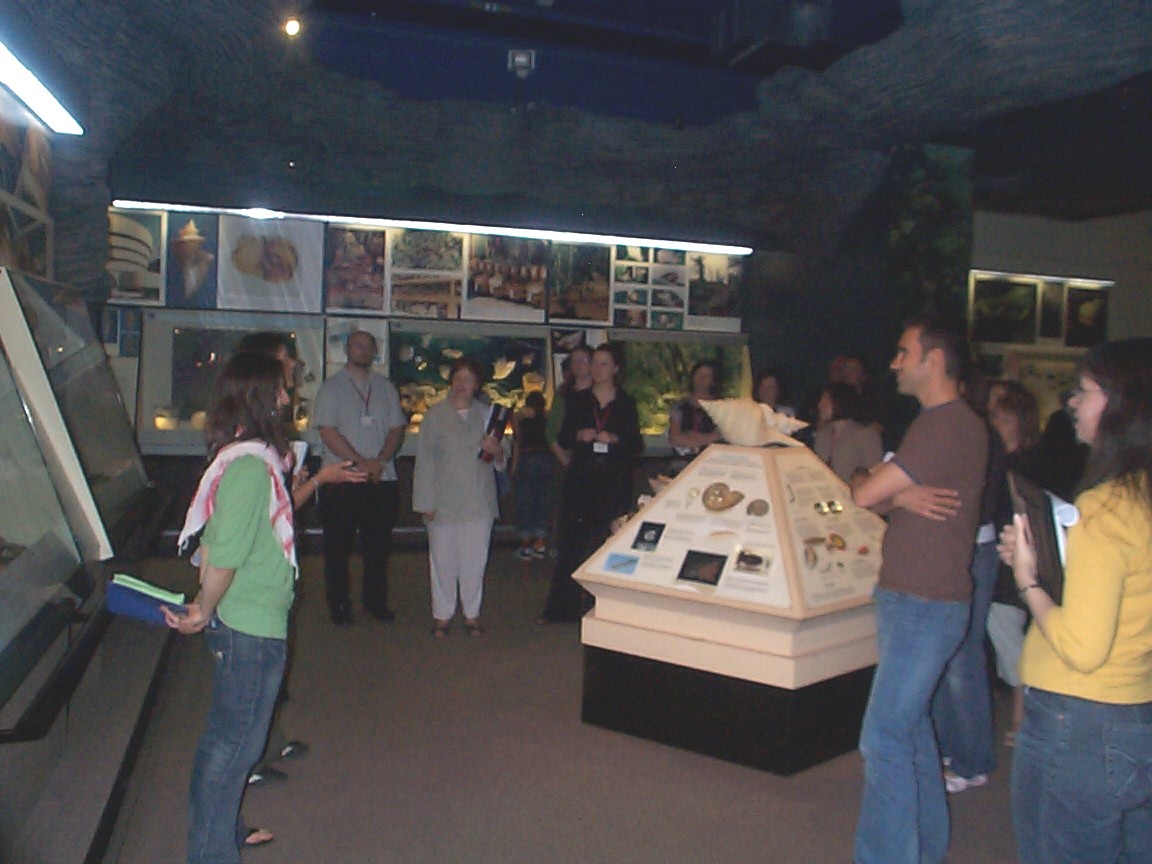 The Jackson Clubs dark
secret.
The Jackson Clubs dark
secret.
In 1842, this was the location of the
Jackson Club, a club, for Men Only! This
was the place where the elite of Jackson came to do business, visit, and talk about the
news of the times. And becoming a member was
not easy – you had to be somebody important!
Mike
Sommerville was somebody! Arriving in Jackson
in 1843, he quickly developed a reputation as a powerful businessman, and was invited to
become a member of the Jackson Club. Mike served two terms as club president, and
even helped increase the membership of this Men’s only organization. A proud member for 25 years, it wasn’t until
Mike’s death in 1869 that it was discovered – that Mike was really …
Michelle – Yep! A Woman!
Your next stop on the tour is
just one block down this street on the right, a large white home, number 321. It looks like an ordinary home, but there’s an
extraordinary story buried in the garden. I’ll
meet you there with a shovel.
----------------------------
There are many kinds of
Interpretive Writing:
- Technical Interpretive Writing for text
books and published articles as well as interpretive master plans and related materials.
- Interpretive Training Manuals and Videos.
- Public Interpretive Writing for museum
label copy, outdoor interpretive panels, self-guiding booklets, audio tour narration's and
related interpretive media.
So what
makes the writing interpretive?
In general here are
the main rules we go by:
- The copy should be
based on Tilden's interpretive principles. That means the text should Provoke the
readers attention, Relate to the everyday lives of the reader, and have Revelation or
Reveal the main point of the text.
- Interpretive
writing should be objective based, especially if we are writing copy for museum exhibits
or outdoor interpretive panels. We need to know the Learning, Behavioral, and
Emotional Objectives the copy needs to help accomplish, along with any graphics or other
supporting materials.
- Interpretive
writing, especially for "public interpretation", such as museum labels, outdoor
panels, self-guiding booklets, etc. should be EVALUATED and Pre-Tested
with the visitors to make sure that the visitors understand the copy, vocabulary, etc. as
well as the original writer did. Interpretive writing is only good if the visitors
think it is.
Interpretive
writing services, examples and experience.
To learn more
about our technical interpretive writing experiences and services (text books, training
manuals), click here.
To learn more
about our technical interpretive writing (my library of recently published interpretive
articles from journals), etc., click here.
To learn more
about our public writing for museum labels, outdoor interpretive panels, self-guiding
media, etc., click here.
